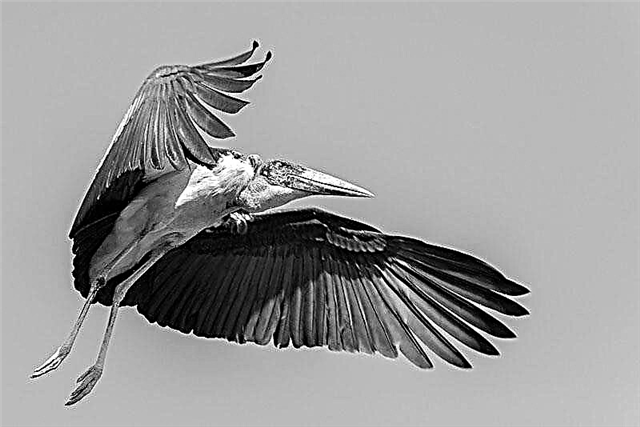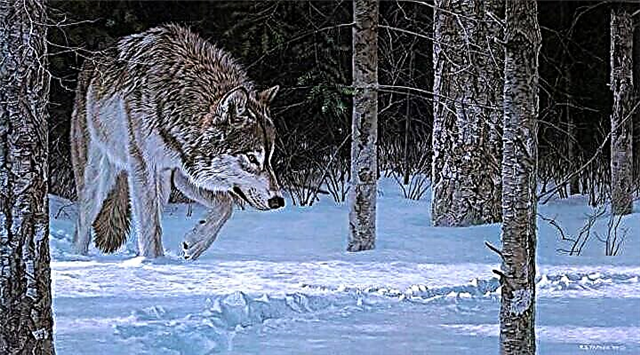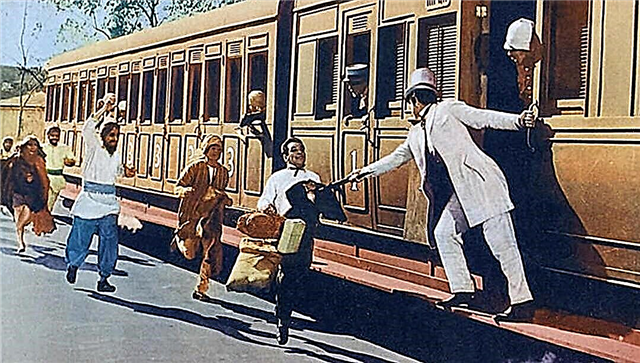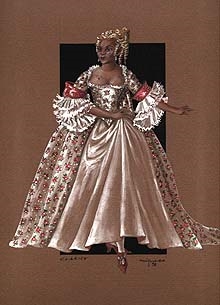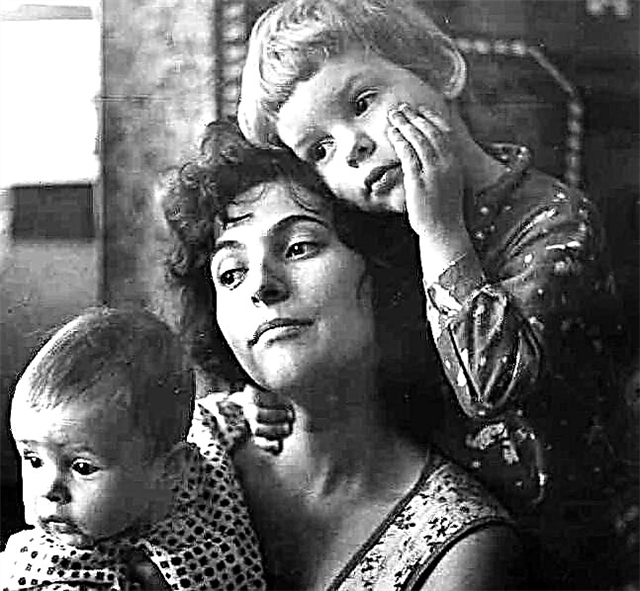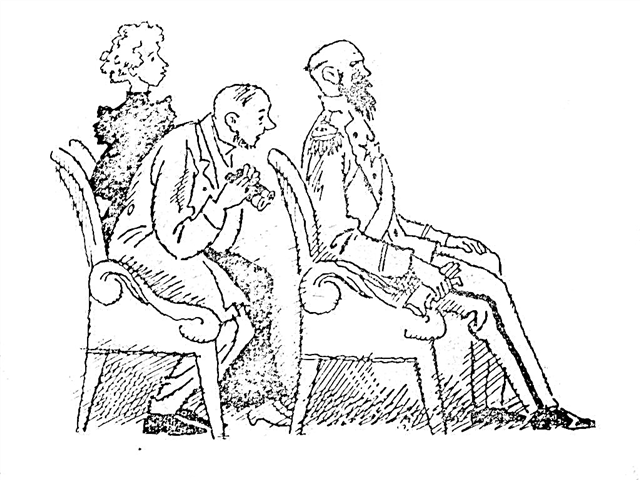Poem on one of the plots of the Mahabharata
During the stay of the Pandava brothers in the twelve-year-old forest exile, their common wife Draupadi once reproached the eldest among the brothers, Yudhishthira, for inaction, indecision, and indulgence of the Kaurava offenders and urged them to attack immediately. The second brother, Bhima, agreed with Draupadi, but Yudhishthira rejected their reproaches and insisted, in the name of virtue and fidelity to this word, that he respected the agreement with the Kauravas. The sage Dvaipayana, who came to visit the Pandavas, supports Yudhisthira, but warns that when the period of exile expires, it is not peace that awaits the Pandavas, but a battle, and you need to prepare for it in advance. He advises the third of the brothers, Arjuna, to become an ascetic in order to enlist the help of the king of the gods, Indra, and to receive from him an irreplaceable weapon.
A certain Yaksha, a mountain demigod spirit, takes Arjuna to the Himalayas and points to him the mountain of Indrakila shining like gold, where Arjuna begins to perform his ascetic feat. Indra is pleased with the dedication of Arjuna, but decides to subject him to an additional test. He sends heavenly singers - Gandharvas, divine maidens - Apsars, goddesses of six seasons of the year, who have taken the form of beautiful women, to Indrakila. Around Arjuna, exciting, sweet-sounding music constantly sounds, naked apsars bathe in front of his eyes in a stream, shower him with fragrant flowers, try to embarrass him with passionate appeals and affection. But Arjuna does not succumb to temptations and maintains equanimity. Then Indra resorts to a different trick. Disguised as an old recluse, he appears before Arjuna and, praising him for his strength of spirit, convinces him to remain an ascetic and abandon plans for revenge on enemies. Arjuna replies that he thinks of revenge not for revenge and not for himself and his insult, but only for the sake of fulfilling the duty incumbent upon him to eradicate evil in this world, Indra is pleased with Arjuna’s response, approves his intentions and now advises to appease the ascetic of the formidable ascetic god Shiva.
Arjuna is even more earnestly devoting to devotion. It is so frightening for the demons living nearby that one of them, Muka, taking the form of a boar, tries to interrupt him by attacking Arjuna. Arjuna fires a bow arrow at Muka, and at the same time directs another deadly arrow at the demon Shiva, who appeared there in the guise of a kirat - a mountaineer-hunter. A quarrel erupts between Arjuna and Shiva over the right to kill a wild boar. Ghana, the retinue of Shiva, also dressed as hunters, rush to Arjuna from all sides, but Arjuna disperses them with his arrows. Then Shiva himself challenges Arjuna to a duel. Arjuna throws spears, darts, arrows into Shiva, but they fly by; trying to hit him with a sword, but Shiva splits the sword in two; throws stones and trees at him; engages in hand-to-hand combat with him, however, he cannot defeat his divine adversary in any way. And only when Shiva rises into the air, and Arjuna grabs his leg, thereby unwittingly appearing as the supplicant falling at the feet, does the great god stop the fight and, satisfied with the courage of Arjuna, reveals his true name to him.
Arjuna pronounces a laudatory hymn in honor of Shiva and asks him to give him the means to defeat his enemies. In response, Shiva gives him his magic bow, teaches him how to use it, and then the other gods, led by Indra, give Arjuna their weapons. Having blessed Arjuna for the upcoming military feats, Shiva leaves with the other gods, and Arjuna returns to his brothers and Draupadi.



